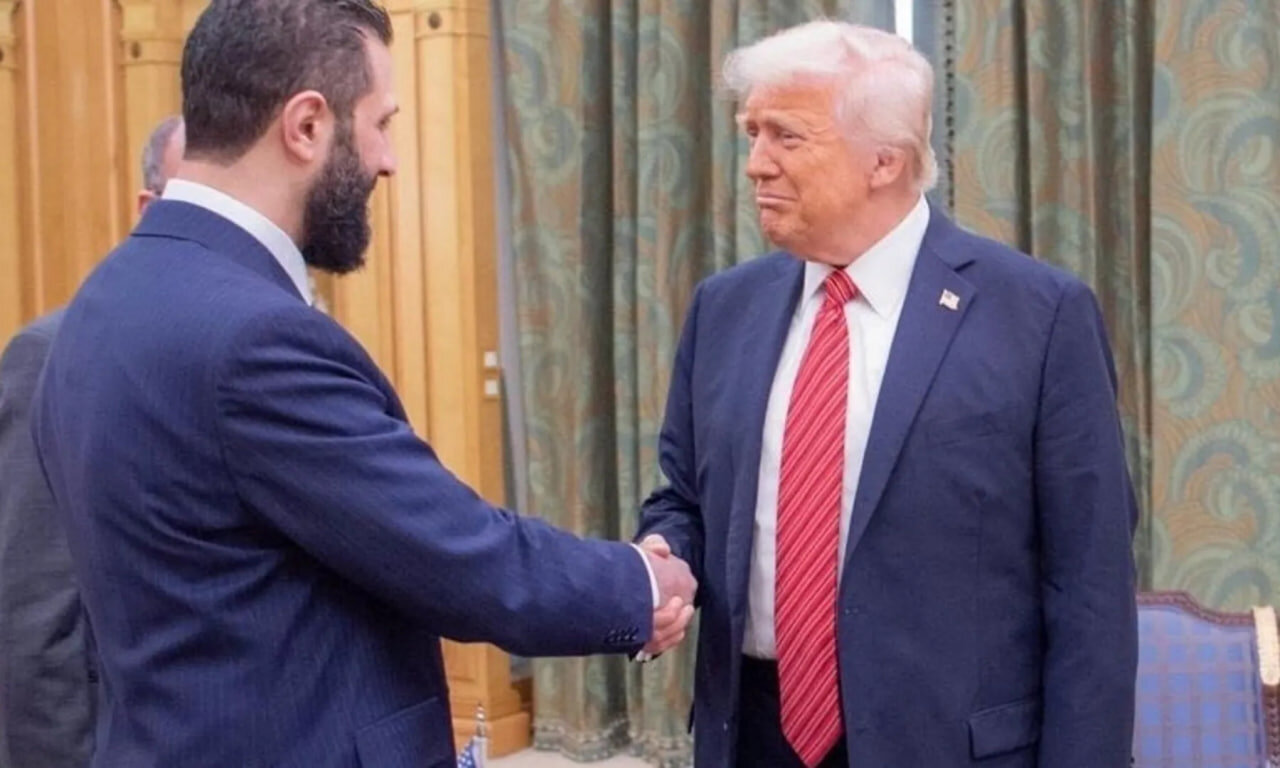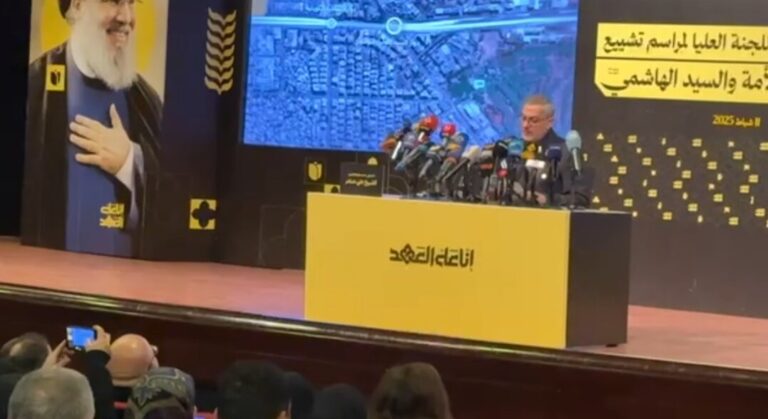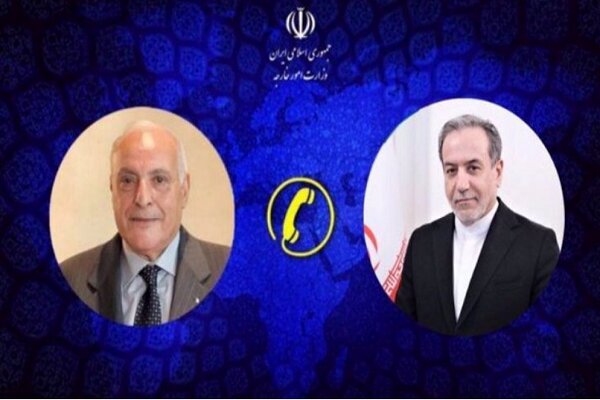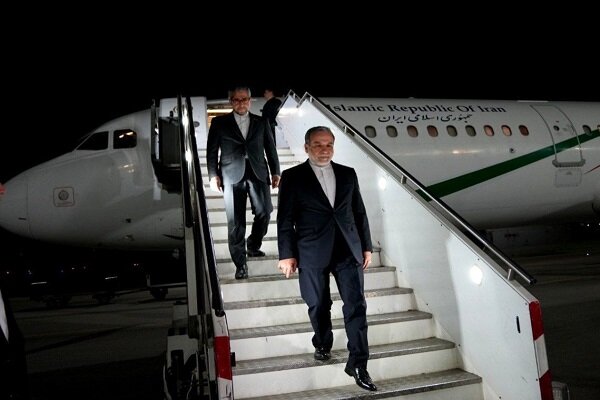Trump’s Historic Meeting with Syria’s Al-Sharaa in Riyadh: A Game-Changing Diplomatic Encounter
In a significant diplomatic shift, United States President Donald Trump has indicated that Washington is contemplating the normalization of diplomatic relations with Syria. This announcement follows a historic meeting with Syria’s interim President, Ahmed al-Sharaa, marking the first direct engagement between the leadership of the two nations in a quarter of a century.
During a meeting with leaders from the Persian Gulf Cooperation Council (GCC) in Riyadh, Saudi Arabia, on Wednesday, Trump revealed, “With the support of the great leaders in this room, we are currently exploring normalizing relations with Syria’s new government.” This statement underscores a potential turning point in U.S.-Syria relations.
Trump elaborated on the implications of this potential diplomatic shift, stating that the U.S. is prepared to “drop all sanctions” against Syria, as reported by Al Jazeera. He emphasized the positive impact of lifting these sanctions, suggesting it would provide Syria with “a fresh start.”
Key Highlights from Trump’s Announcement:
- Normalization of ties with Syria is being considered.
- Trump confirmed a brief meeting with Syria’s interim President, Ahmed al-Sharaa.
- The U.S. plans to lift all sanctions against Syria.
- Discussions on sanctions took place with Saudi Crown Prince Mohammed bin Salman and Turkish President Recep Tayyip Erdogan.
- U.S. Secretary of State Marco Rubio is set to meet with Syrian Foreign Minister Asaad al-Shaibani in Turkey.
The lifting of sanctions is a bold move that could reshape the geopolitical landscape in the Middle East. The U.S. has maintained various economic restrictions on Syria for years, primarily due to concerns over human rights abuses and its involvement in regional conflicts. By removing these sanctions, the Trump administration appears to be signaling a willingness to engage more constructively with Syria.
This development raises several questions about the future of U.S.-Syria relations and the broader implications for the region. Analysts suggest that a normalization of relations could lead to increased stability in Syria and improve its standing in the international community. However, it also raises concerns about potential backlash from other nations and factions within Syria that oppose the current government.
Potential Benefits of Normalization:
- Economic Recovery: Lifting sanctions could help revitalize Syria’s economy, which has been severely impacted by years of conflict.
- Enhanced Stability: Improved relations may foster a more stable environment in Syria, reducing the likelihood of further conflict.
- Regional Cooperation: Strengthening ties with Syria could facilitate collaboration on key regional issues, including security and counter-terrorism efforts.
Moreover, the engagement with Syria comes at a time when the U.S. is reevaluating its foreign policy strategies in the Middle East. The recent discussions with key regional leaders, including Crown Prince Mohammed bin Salman of Saudi Arabia and President Recep Tayyip Erdogan of Turkey, indicate a concerted effort to align strategies and address shared concerns.
Trump’s meeting with al-Sharaa, although brief, symbolizes a significant diplomatic overture. It reflects a shift in the U.S. approach, moving from isolation to engagement. This could pave the way for further high-level discussions and potentially lead to a more formalized relationship between the two nations.
As the situation evolves, the international community will be watching closely to see how these diplomatic efforts unfold. The ramifications of such a shift in U.S. policy could have wide-reaching effects, not only for Syria and its neighbors but also for global geopolitical dynamics.
What’s Next?
In the coming weeks, U.S. Secretary of State Marco Rubio’s meeting with Syrian Foreign Minister Asaad al-Shaibani will be crucial. This meeting could provide further insights into the U.S.’s intentions and the specifics of potential diplomatic and economic engagement with Syria.
As discussions progress, it remains to be seen how other nations will respond to the U.S.’s potential shift in policy regarding Syria. The geopolitical landscape is complex, and any changes in diplomatic relations will need to navigate a myriad of challenges and stakeholders.
In conclusion, the possible normalization of relations between the U.S. and Syria marks a pivotal moment in international diplomacy. With ongoing discussions and potential policy changes on the horizon, the world watches closely to see how this will impact not only the U.S.-Syria relationship but also the broader Middle Eastern geopolitical framework.






